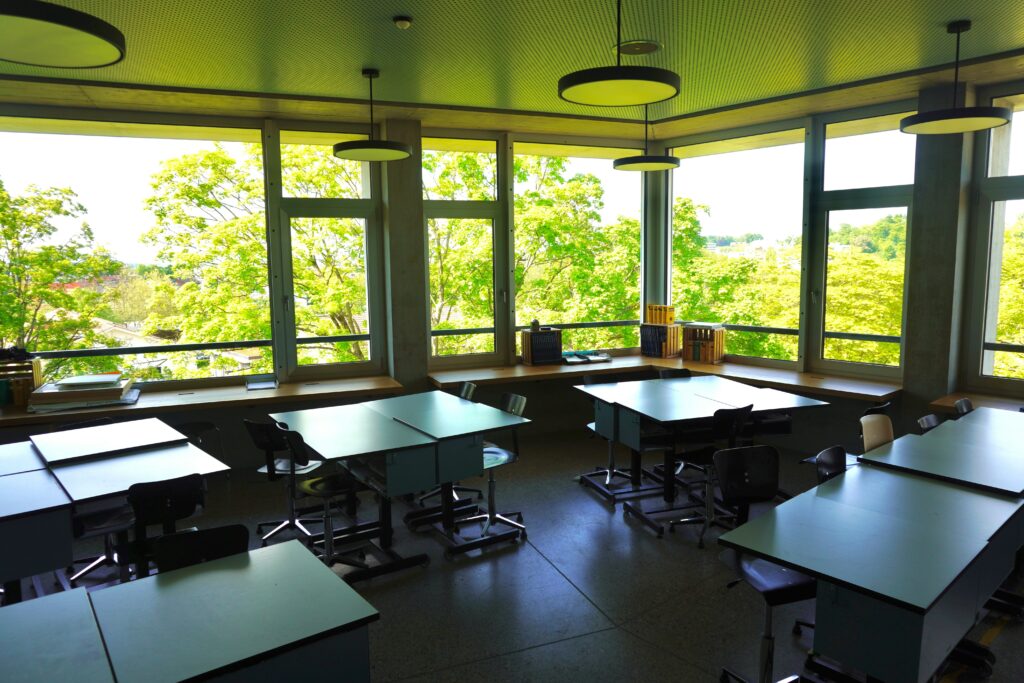Key Takeaways
- Regular HVAC maintenance can improve efficiency and lower energy bills.
- Preventative care helps extend the lifespan of HVAC systems.
- Regular check-ups can improve indoor air quality and comfort in your home.
- Understanding the signs of HVAC issues can save money in the long run.
Table of Contents
- Understanding the Importance of HVAC Maintenance
- Improving Efficiency with Regular Maintenance
- Prolonging the Lifespan of Your System
- Enhancing Indoor Air Quality
- Recognizing the Signs of HVAC Issues
- Choosing the Right HVAC Technician
Understanding the Importance of HVAC Maintenance
A comfortable living environment in a home is dependent primarily on HVAC systems. Routine maintenance, such as the services provided by Arvada HVAC professionals, can improve system performance and avoid potential problems. Maintaining these systems’ effectiveness lowers the chance of unplanned malfunctions and helps save needless energy use.
Consistent indoor temperatures and excellent air quality are essential for comfort and health, and a well-maintained system guarantees them. Regular maintenance helps detect possible problems early, preventing more expensive repairs or inconvenient system failures. Proactive maintenance is an investment in the lifetime and durability of your home’s critical systems beyond comfort and financial savings.
Improving Efficiency with Regular Maintenance
One of the primary benefits of regular HVAC maintenance is the improvement in efficiency. Improved efficiency translates to less energy usage, reducing energy bills. For instance, maintaining clean air filters is a simple yet effective way to ensure efficient airflow and optimal system performance.
Dirt and neglect are the top causes of inefficiency in HVAC systems. Regular maintenance can enhance operation and performance by cleaning coils and fins, checking and sealing ductwork, and inspecting the thermostat. A system operating with clean components can work less complicated to maintain desired temperatures, directly affecting energy consumption and utility costs. Modern systems are designed with energy efficiency in mind, and routine maintenance ensures these systems function as intended.
Prolonging the Lifespan of Your System
HVAC systems require frequent tune-ups to extend their operating lives, just like a car needs regular oil changes to be in good working order. Critical system components can live longer thanks to preventive maintenance, which can lessen wear and tear. Homeowners can identify problems early and prevent expensive repairs or premature system replacements.
Setting up routine maintenance visits is an example of a proactive approach to property investment management. Minor fixes can avert big problems, and resolving errors early on is essential to maximizing the system’s longevity and functionality. Even though maintenance may seem like an extra expense, it’s nothing compared to the price of significant repairs or system installation. Additionally, this strategy protects residents from system breakdowns during excessive usage, frequently leading to high-demand service and increased costs.
Enhancing Indoor Air Quality
One important factor for home comfort is indoor air quality. Well-maintained HVAC systems can enhance indoor air quality by stopping allergens like dust, mold, and pollen from flowing throughout your house. This is especially important for people who have respiratory or allergy issues.
Better air quality has advantages that go beyond comfort. Homeowners who have young children, elderly relatives, or anyone with medical issues ought to be especially mindful of the quality of the air. Regularly cleaned or replaced filters guarantee that the air in your house is clean, fresh, and devoid of pollutants that can worsen health problems. Robust HVAC maintenance procedures demonstrate consideration for each family member’s overall health.
Recognizing the Signs of HVAC Issues
To preserve system function, homeowners must know the warning indicators of HVAC problems. Unusual noises, erratic cycling, and sudden spikes in energy costs are common indicators. Promptly attending to these indications can avert severe issues and guarantee the system’s longevity.
Early problem detection allows for prompt intervention and lessens the effect on the system’s overall health. This can be compared to the possible inconvenience and cost of allowing issues to worsen. Frequent inspections give homeowners the knowledge to maintain systems in top shape, guaranteeing efficiency and comfort even in the worst summers and winters.
Choosing the Right HVAC Technician
Selecting a qualified HVAC technician is critical for effective system maintenance. Before hiring, it is advisable to research and review a technician’s credentials and customer feedback. A professional with a good reputation will ensure your HVAC system remains efficient and reliable, providing peace of mind and comfort in your home.
Consulting reliable sources, such as customer reviews and industry certifications, can help select the best professional for the job. Experienced technicians can offer both regular maintenance services and responsive support in emergencies. By investing in a professional relationship, homeowners ensure hands manage their comfort systems you can trust.
Conclusion
In summary, regular HVAC maintenance is an investment that enhances system efficiency, prolongs lifespan, and improves indoor air quality, making it a crucial aspect of home maintenance. Not only does it offer cost savings through improved efficiency, but it also elevates living standards by ensuring consistent comfort and air quality in every season. Comprehensive care of HVAC systems is indispensable for modern home management, offering preventative protection and immediate convenience.
